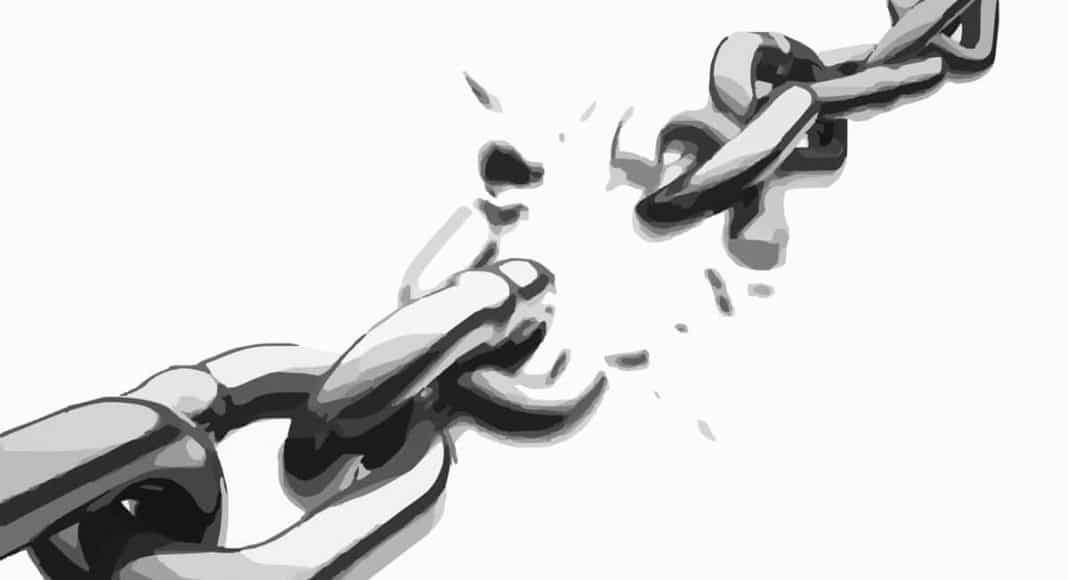America’s war on drugs has done a lot of damage — especially to people of color. Even as more and more states legalize the sale and use of marijuana, there are still hundreds of thousands of citizens trapped in a justice system.
Some states — notably California, Colorado, Maryland, New Hampshire and Oregon — are taking steps to erase some of the damage, according to a report by the Pew Charitable Trusts. The report examines how these states and others are allowing those busted for minor marijuana crimes to petition courts to reduce or hide their convictions. In California, state residents can now petition courts to change some felonies to misdemeanors, change some misdemeanors to infractions, and wipe away convictions for possessing or growing small amounts of marijuana.
“We call it reparative justice: repairing the harms caused by the war on drugs,” Eunisses Hernandez of the Drug Policy Alliance, told Pew. Some states are passing legislation that will seal records of past convictions or even expunge the crime from public databases. Massachusetts lawmakers are considering a bill that would let people expunge any conviction that’s no longer a crime, such as marijuana possession.
-
Related Story: What Does White Supremacy Have To Do With Marijuana Laws?
These steps are critical for those caught up in a system that targeted people of color, especially black Americans. With a drug conviction on their record, otherwise upstanding citizens were unable to procure housing, employment or student loans.
According to the Drug Policy Alliance:
President Barack Obama has granted 774 commutations. That is more commutations than the previous nine presidents combined and more commutations than any individual president in nearly a century.
The majority of people receiving commutations were convicted of drug offenses and sentenced to egregious mandatory minimum sentences. The announcement of commutations is commonly greeted with floods of adulation from media and advocates for fair sentencing that are laced with rhetoric calling America a nation of second chances. This conveniently frees policymakers and elected officials who stoked the flames of the war on drugs from accountability and places the onus to change on those who have been oppressed by life sentences in federal prisons due to draconian drug policy.
California has done more than any other state to require judges to excuse residents’ past marijuana crimes, Pew reports. That’s because the state took the issue to voters, Hernandez said. “Through the Legislature, we would not have gotten this.”
According to the Pew Report:
In states that have legalized marijuana, some lawmakers say reducing old marijuana-related convictions is a no-brainer. “Since this is now the law of Nevada, it’s important that we allow folks who have made these mistakes in the past to have their records sealed up,” said Nevada Assemblyman William McCurdy, a Democrat who proposed a bill on the issue this year.
McCurdy hails from a poor area of Las Vegas. He knows people who have been convicted of possessing an ounce or less of marijuana — formerly a misdemeanor — and who are struggling to overcome the black mark on their record, he said. “They’re labeled now.”
Almost half a million people were arrested for marijuana crimes in California over the past decade, according to the Drug Policy Alliance. But California courts have received only 1,506 applications for reclassifying past marijuana-related crimes since state residents gained the option to do so last year.


